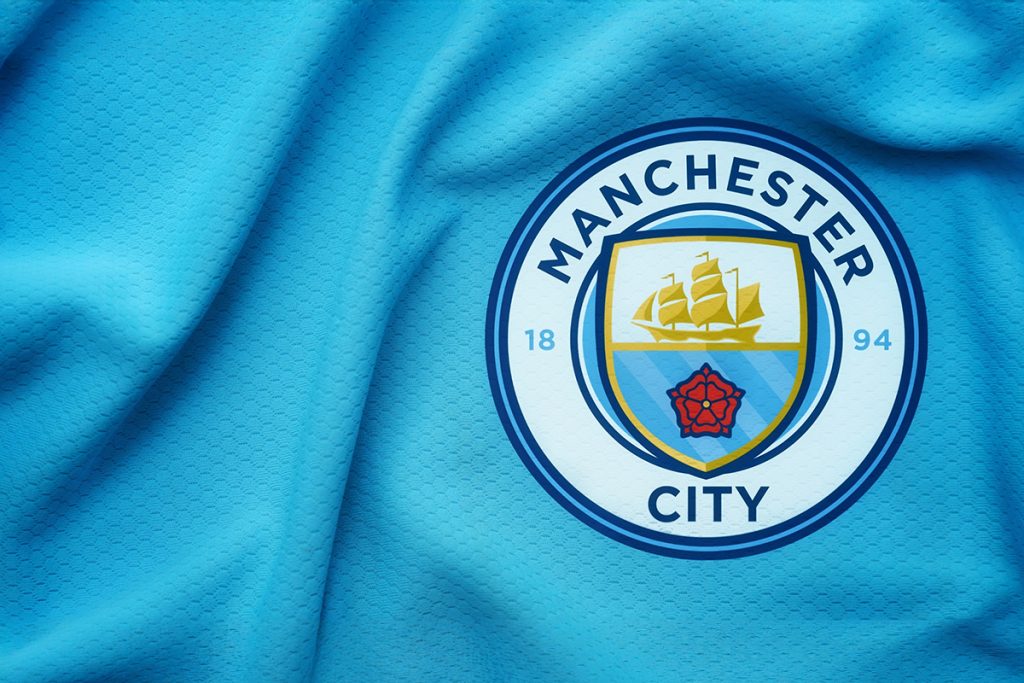Manchester City’s reported legal action against the Premier League has sent shockwaves through English soccer, sparking debates about the future of financial regulation and competitiveness in the sport’s most lucrative league. At the heart of this dispute lies the potential alteration of the Associated Party Transaction (APT) rules, which have been a cornerstone in curbing excessive spending by clubs.
The Premier League introduced the APT rules in December 2021 following the acquisition of Newcastle United by Saudi Arabia’s Public Investment Fund. These regulations were designed to ensure fairness and transparency in commercial deals between clubs and organizations connected to their ownership. By preventing artificial inflation of deals, the rules aimed to maintain a level playing field and foster healthy competition among teams.
However, Manchester City’s challenge against these regulations could signal a significant shift in the league’s financial landscape. Backed by the ruling family of Abu Dhabi, City has established itself as one of the richest clubs globally, boasting a string of domestic successes in recent years. Their reported legal action suggests a desire to loosen spending restrictions, potentially enabling them to further strengthen their squad with marquee signings.
The arbitration hearing, scheduled to commence soon, will determine the legality of the APT rules and their potential impact on club finances. If these regulations are deemed unlawful and scrapped, it could pave the way for unchecked spending by clubs, leading to concerns about inflated sponsorship deals and distorted revenues. Such a scenario could undermine the Premier League’s profit and sustainability regulations, which aim to ensure financial stability across all member clubs.
Manchester City’s legal challenge comes amid ongoing scrutiny of their financial practices. The club has faced allegations of more than 100 rules breaches, including accusations of financial wrongdoing. While City denies these charges, their previous encounters with UEFA’s Financial Fair Play regulations have raised eyebrows within the football community.
The potential ramifications of City’s legal action extend beyond financial regulations to the competitive balance within the Premier League. The league’s reputation as one of the most competitive in the world has contributed significantly to its global popularity and revenue generation. However, City’s dominance, coupled with the prospect of increased spending powers, raises concerns about widening the gap between the league’s elite clubs and the rest.
To address these concerns, Premier League clubs are exploring measures to enhance competitiveness and financial sustainability. Discussions include proposals for a spending cap and the introduction of an anchoring system, limiting clubs’ spending based on the earnings of the lowest-ranked team. These initiatives aim to level the playing field and prevent financial disparities from undermining the league’s integrity.
The proposed changes in financial regulation come at a crucial juncture for the Premier League, with clubs grappling with the economic fallout of the COVID-19 pandemic. While the desire to ensure financial stability is understandable, striking the right balance between competitiveness and sustainability remains a formidable challenge for league officials and club owners alike.
As Manchester City’s legal challenge unfolds in the coming weeks, its outcome could reshape the dynamics of English soccer for years to come. Whether it heralds a new era of unchecked spending or prompts a reevaluation of financial regulations, the implications of this dispute extend far beyond the confines of the football pitch, impacting the sport’s commercial landscape and competitive ethos.


